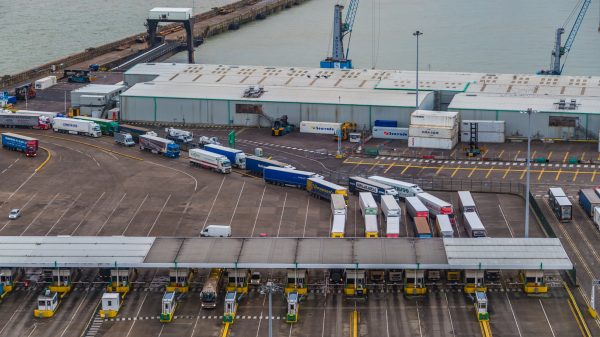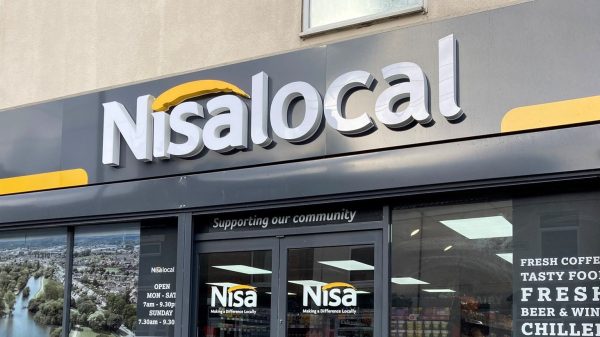Lidl’s UK arm has been hit was a surge of borrowing costs, posing a potential challenge to its current expansion plans across the nation.
The German discount giant’s British operation fell into the red after the interest bill on its debts almost tripled to £108m, This is Money reports.
In recent years, Lidl, along with fellow discounter Aldi, have stolen significant market share away from traditional supermarkets, with the pair accounting for £1 of every £5.50 spent in grocers.
Both businesses are privately-owned – Lidl is controlled by the Schwarz family and Aldi by the Albrechts.
But unlike Aldi, which is funded entirely by its family owners, Lidl is dependent on external loans from banks for ‘at least half’ of its financing, according to Marc Houppermans, of Dusseldorf-based Discount Retail Consulting.
Houppermans said this reliance is likely to throw a spanner in the works for Lidl’s ambitions for future expansion.
Subscribe to Grocery Gazette for free
Sign up here to get the latest grocery and food news each morning
Houppermans told This is Money that Theo Albrech, Aldi’s co-founder, knew that when interest rates rose Lidl would be in trouble.
Despite Lidl’s active growth, it has almost £3bn of debts due to be repaid in the next five years.
Earlier this year, it began slowing its store opening programme and laid off staff across its property buying division.
Although recently, Lidl UK chief executive Ryan McDonnell said there was ‘no ceiling’ on its expansion plans.
But it is not the only major supermarket to face rocketing debt servicing costs.
Asda and Morrisons were both saddled with huge borrowings when they were bought by private equity groups, with the pair paying a total of £900m in interest charges last year, wiping out profits.
The fact Morrisons and Asda have more debt under private equity owners ‘undoubtedly’ impacts their ability to compete, stressed retail consultant Richard Hyman.
Analysts say market leaders Tesco and Sainsbury’s are better placed to cope with rising borrowing costs because they also have access to shareholder equity as another source of funding.










